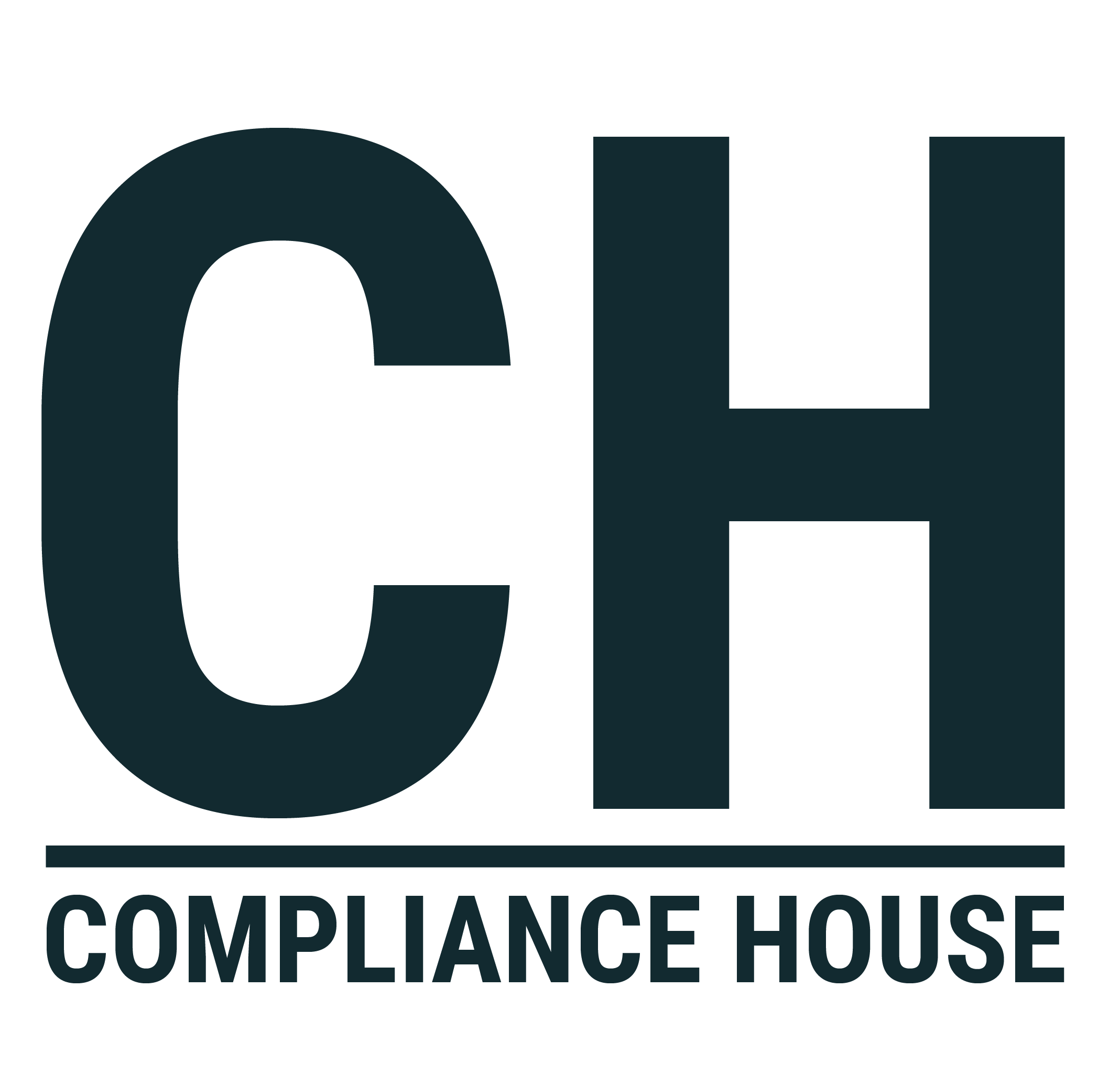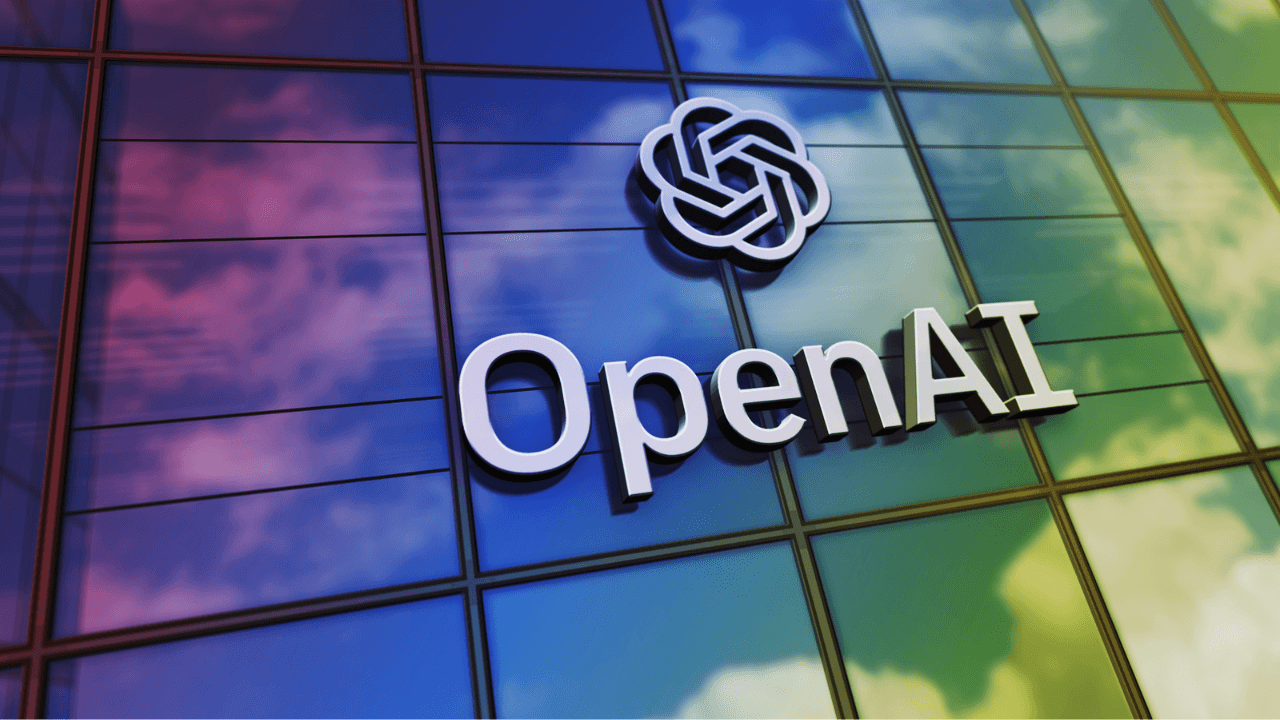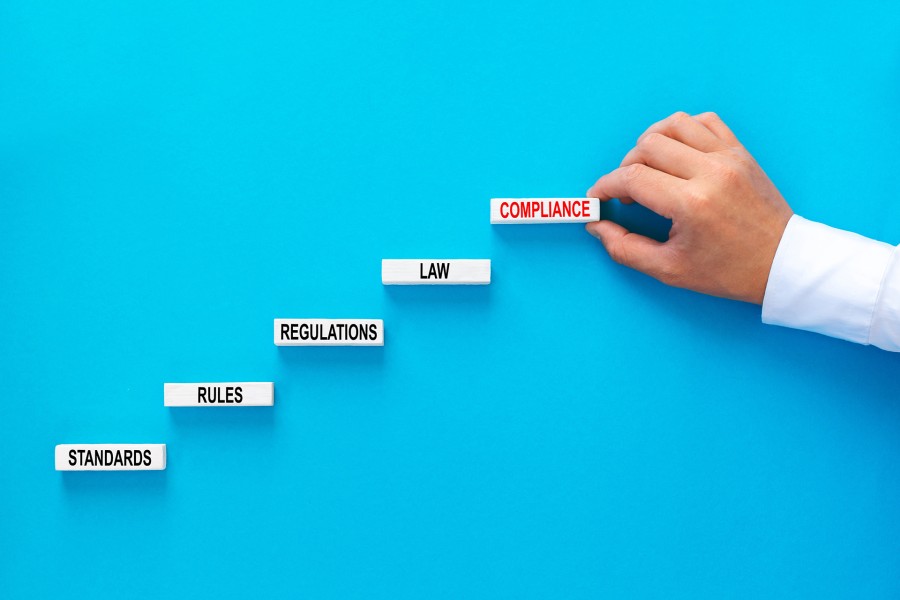In a business ecosystem increasingly focused on sustainability and corporate responsibility, Extended Enterprise Integrity Risk Management (EEIRM) has emerged as an indispensable element of an effective ESG (Environmental, Social, and Governance) strategy. As organizations continue to expand and interconnect globally, effectively managing the risks associated with extended enterprises – businesses outside of the organization that contribute to its value chain – has become paramount.
The Rise of EEIRM in ESG Strategy:
Regulators, stakeholders, and society at large are increasingly scrutinizing companies’ extended enterprise activities. Beyond the immediate operational risks, the extended enterprise can present significant ESG-related risks. Irrespective of whether the fault lies within the organization or its extended enterprise, the reputational and financial damage resulting from ESG mishaps can be immense. Thus, robust EEIRM is crucial in protecting your organization’s ESG credibility.
Building EEIRM into your ESG Strategy:
Implementing effective EEIRM within your ESG strategy requires understanding your extended enterprise, identifying potential ESG risks, and implementing measures to mitigate these risks. The 10-step roadmap to comprehensive EEIRM previously discussed provides an excellent starting point. But how do these steps specifically support your ESG strategy?
- Define Your ESG Risk Appetite: Align your ESG goals with your risk appetite. This process involves understanding the ESG risks and opportunities within your extended enterprise and how they fit into your broader ESG strategy.
- Develop an ESG-focused EEIRM Plan: Identify the ESG information you need to gather about your extended enterprises, how to obtain this information, and who in your organization needs to be involved in this process.
- Identify Relevant Extended Enterprises: Different extended enterprises pose different ESG risks. Identifying those that require closer scrutiny is essential to effective EEIRM.
- Gather ESG Information: Leverage multiple sources, including sustainability reports, CSR initiatives, and public records to gather comprehensive ESG information about your extended enterprises.
- Evaluate the ESG Information: Analyze this information based on your ESG goals and legal requirements, looking for red flags such as environmental violations, poor labor practices, or weak governance structures.
- Verify ESG Information: Use audits, site visits, or third-party verification to confirm the ESG information you’ve collected.
- ESG Risk Assessment: Use this information to assess the ESG risks associated with each extended enterprise. Consider factors such as their environmental impact, social responsibility, and governance structures.
- Create an ESG Risk Mitigation Plan: Develop strategies to address identified ESG risks within your extended enterprise. This could involve modifying contracts, offering training, or implementing ongoing ESG monitoring.
- Documentation: Thoroughly document your ESG-focused EEIRM process. This not only provides an audit trail but also helps demonstrate your commitment to ESG to stakeholders.
- Continuous ESG Monitoring: ESG risks can evolve over time, making continuous monitoring vital. Regularly update your ESG data and adjust your risk assessments and mitigation strategies as necessary.
Effective Extended Enterprise Integrity Risk Management is an essential pillar of a robust ESG strategy. Through diligent and ongoing EEIRM, organizations can better manage their ESG risks, safeguard their reputations, and demonstrate their commitment to responsible and sustainable operations. In an era where ESG performance is a key indicator of organizational health, the ability to manage the integrity risks in your extended enterprise is more important than ever. The journey towards sustainable growth is continuous, and EEIRM offers a map to navigate the complexities of this journey effectively.







